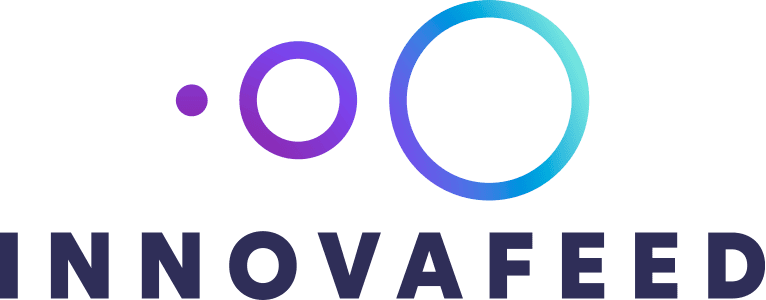UN report advocates halving nitrogen pollution from food production

A comprehensive report commissioned for the United Nations presents various strategies aimed at reducing nitrogen pollution from agriculture and the food system in Europe by half. The report, titled “Appetite for Change,” has been developed by a team of researchers led by the UK Centre for Ecology & Hydrology, in collaboration with entities like the European Commission and Copenhagen Business School.
Nitrogen, essential for plant growth, is often used excessively in agriculture, leading to up to 80% leakage into the environment in harmful forms such as ammonia, nitrogen oxides, nitrous oxide, and nitrate. These pollutants significantly impact air quality and water bodies.
The report identifies several key measures to mitigate these issues. These include halving the average European consumption of meat and dairy, which currently stands at around 70kg per year, in favor of more plant-based diets. Such a dietary shift is expected to not only reduce pollution but also improve human health.
Other proposed actions include more efficient application and storage of fertilizers, reducing food waste at retail and consumer levels, and enhancing wastewater treatment to capture nitrogen from sewage. These measures would reduce emissions and enable the recycling of nutrients for agricultural use.
Additionally, the report suggests financial incentives for environmentally friendly food choices and the implementation of public sector catering contracts that promote sustainable food options. A combination of policies addressing both food production and consumption is recommended to support a transition towards sustainable systems.
The need for a collaborative approach involving farmers, industry, government, and consumers is emphasized. Governance platforms at various levels are proposed to facilitate this cooperation.
Professor Mark Sutton of UKCEH, an editor of the report, stresses the necessity of a holistic approach that extends beyond farming practices. The report advocates for a “demitarian” approach – halving meat and dairy consumption – as part of a broader package of actions to reduce nitrogen waste by 2030.
Reflecting on the health aspect, the report notes that the average protein consumption in Europe significantly exceeds World Health Organization recommendations. A balanced diet with less meat and dairy is projected to improve nutrition and health.
“Appetite for Change” builds on the “Nitrogen on the Table” report from 2014, highlighting that livestock accounts for 80% of Europe’s nitrogen emissions. The report also touches upon the recent spikes in nitrogen fertilizer costs, largely due to the war in Ukraine, underscoring the importance of minimizing nitrogen resource wastage.
Dr. Adrian Leip from the European Commission, a lead editor of the report, comments on the urgency to address the vulnerabilities of the current food system, especially in light of recent crises in energy and food prices.
After examining 144 scenarios, the report concludes that a balanced range of actions, including the “demitarian” approach and improved farm and food chain management, could achieve a 49% reduction in nitrogen losses. This approach scored highest for net societal benefit.
The full report “Appetite for Change” will be available on the taskforce’s website starting December 20, 2023, offering a detailed blueprint for significant environmental and health improvements in Europe’s food system.
Source: Phys.org
Enjoyed this story?
Every Monday, our subscribers get their hands on a digest of the most trending agriculture news. You can join them too!


















Discussion0 comments